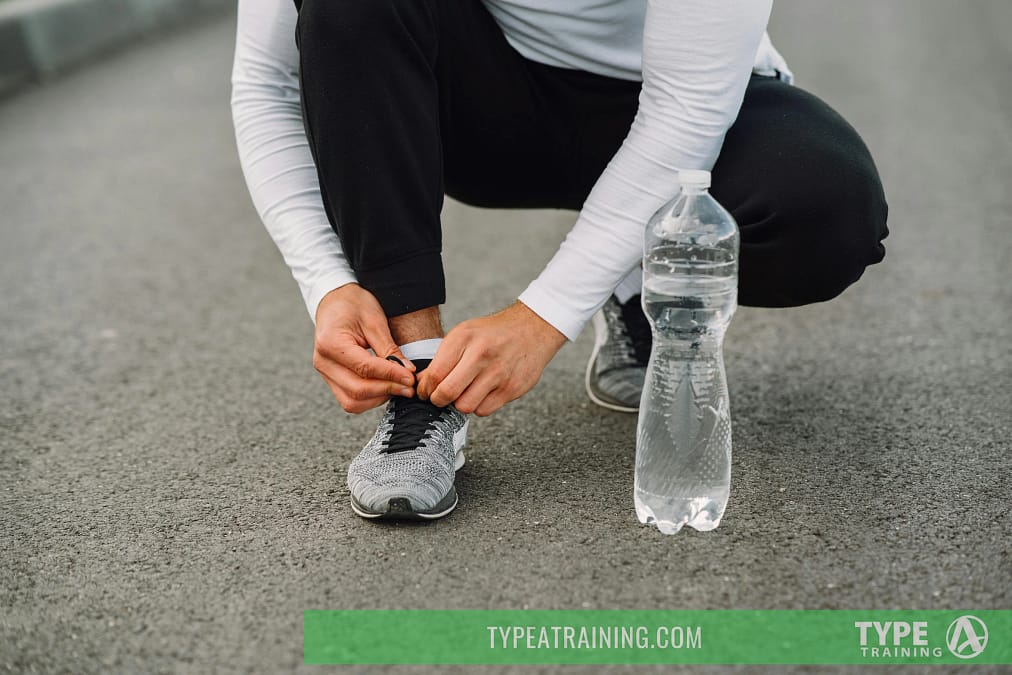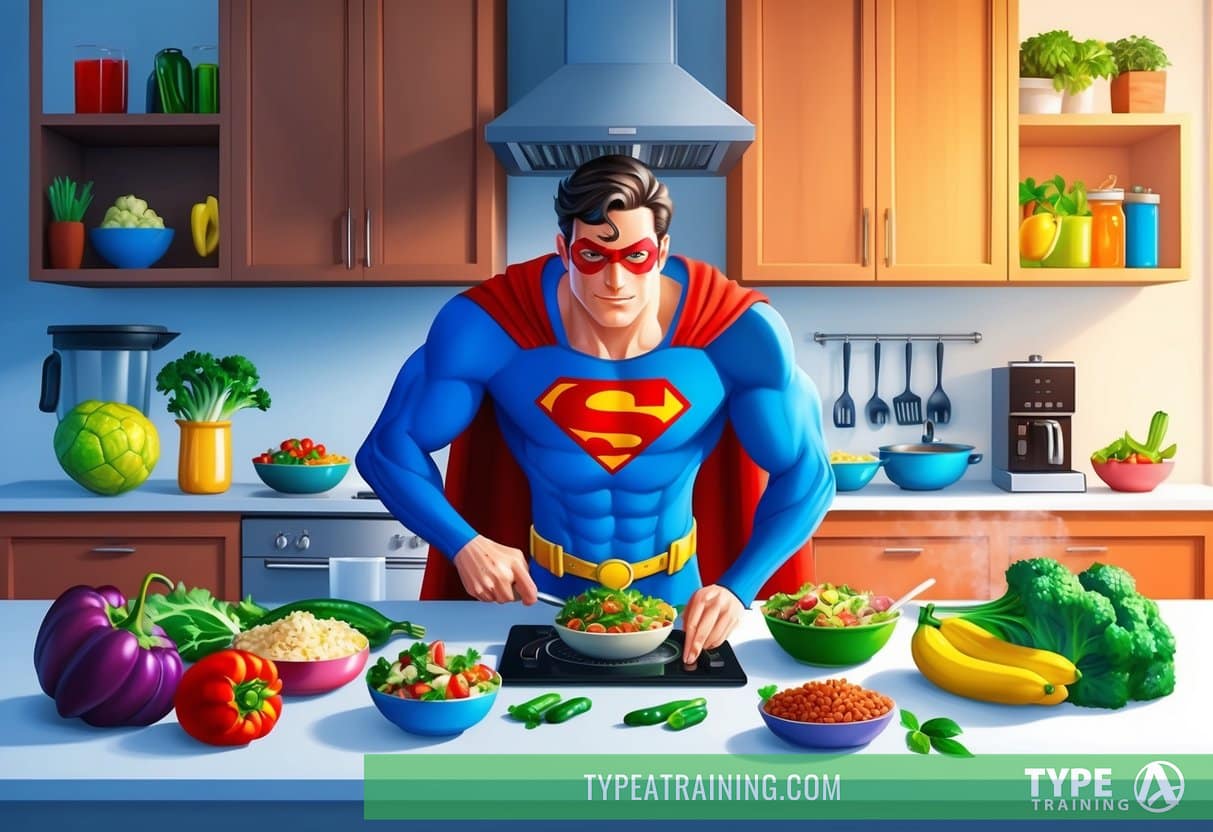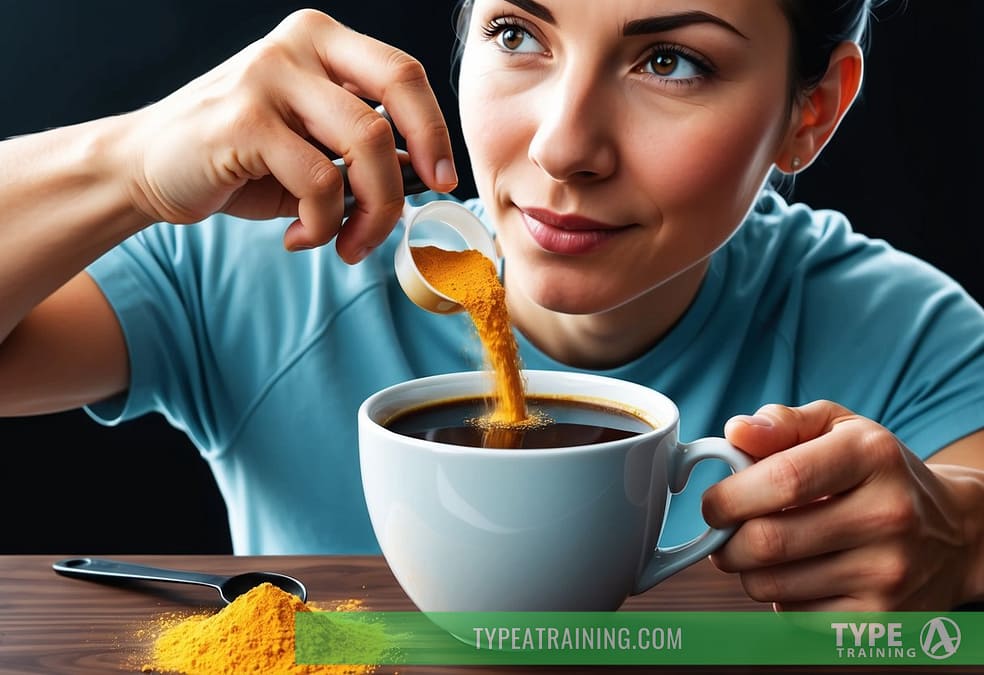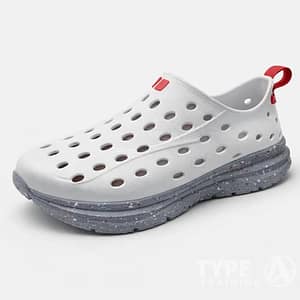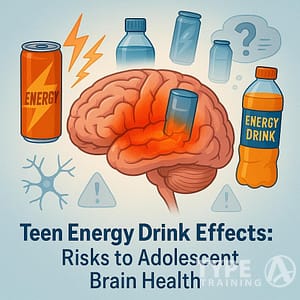A runner’s diet is more than just food that fuels your runs. It’s about how the food you eat interacts with your body and supports your running routine.
Your body depends on a variety of nutrients, and understanding how they work together helps keep you energized and healthy.
Choosing the right foods and eating at the right times not only boosts your running performance but also supports your overall well-being.
As you explore what works best for your body, remember that everyone is unique. The right nutrition can help keep you motivated and maintain your fitness.
Popular posts:
Looking into the timing of nutrients is key for maintaining energy levels, supporting your immune system, and even keeping your hormones balanced.
Making good dietary choices supports not just your running but your lifestyle as a whole.

Key Takeaways
- A runner’s diet involves more than just fuel for runs.
- Food timing is essential for energy and health.
- Nutrition choices support both running and overall lifestyle.
What is the Ideal Diet for Runners?
Eating well is vital for those who love running. It’s not about strict rules but rather about making good choices to improve your running performance and support marathon training.
Focus on including whole grains and tasty fruits and vegetables to get the nutrients your body needs.
Incorporating lean proteins like fish and beans can help your muscles recover.
Don’t forget healthy fats from sources such as avocados and nuts, which are especially important for endurance athletes and those involved in ultramarathon training.
For a balanced running nutrition plan, diversify your diet while listening to your body’s needs.
Let’s Discuss Carbs
Carbohydrates play a pivotal role in fueling your exercise. They break down into glucose, which serves as the main energy source for your body.
When you consume carbs, they are stored in your liver and muscles as glycogen. This stored glycogen is crucial, especially for runners, because it provides energy when your glucose levels are low.
Muscle glycogen is especially noteworthy as it is quickly released when you run. However, the limitation of glycogen storage becomes apparent during longer runs or marathons.
When glycogen stores are depleted, you might feel fatigued, which can adversely affect your performance.
To fill your glycogen stores, aim for about 500 grams of carbohydrate. This amount typically supports 60-90 minutes of running at a moderate heart rate.
If you run regularly, be mindful that your glycogen stores might never be fully replenished, especially at higher speeds.
To maintain optimal energy, it’s essential to plan your carbohydrate intake wisely. Consider your training routine’s frequency, intensity, and duration.
Here’s a simple breakdown:
- Simple Carbohydrates: Known as simple sugars, they digest quickly and provide immediate energy, ideal for short, intense workouts.
- Complex Carbohydrates: These provide a longer-lasting energy source suitable for endurance workouts, due to their slower digestion.
Balancing these types will help optimize your performance and keep you energized throughout your runs.
Running Without Fuel

Running on empty can lead to problems, especially during tough sessions if you’ve skipped meals or reduced carbs beforehand.
Not eating soon after a run might leave you without the fuel needed for good recovery and training adjustment.
This can affect hormone levels negatively and impact health and performance over time.
For instance, endurance exercise demands fuel to support activities like long-distance running.
If you’re frequently running on low energy, you might experience a weaker immune system, reduced bone strength, and slower digestion.
To avoid these issues, it is crucial to manage your nutrition, especially considering the concept of “runger,” or running-induced hunger.
The Role of Hormones

Your exercise and eating habits significantly influence hormones like ghrelin and leptin.
Ghrelin, often called the hunger hormone, is created mainly in your stomach. It signals when you need more energy, typically rising after workouts or between meals.
When ghrelin levels are high, leptin levels fall.
Leptin plays a crucial role in keeping energy balance. When you don’t refuel properly after workouts, leptin levels stay low.
This encourages your body to conserve energy, resulting in burning fewer calories and storing more fat.
This can complicate efforts to achieve a healthy weight through running.
Even if you increase your training or cut calorie intake, you might not meet weight loss or body composition goals.
Strength training can balance this by helping maintain muscle mass and boosting calorie burn.
Monitoring your food intake and allowing for recovery can help balance these hormones.
Eating a balanced diet and resting adequately supports hormone health and achieving fitness goals.
Fueling Properly for Your Runs
For longer runs over 60 minutes, maintaining your energy levels is crucial.
You should aim to have 30-60 grams of carbohydrates each hour for the initial three hours. If you are still running after that, increase the intake to 60-90 grams per hour.
This helps in keeping your blood sugar steady and makes sure your energy source is stable.
Options include sports drinks, gels, or bars. You can also opt for whole foods like bananas or cereal bars.
If you are on varied terrains, consider snacks like boiled salted potatoes or noodle soup.
Using food as fuel ensures a healthy diet, giving you a balanced intake of macronutrients and supporting healthy eating habits.
Best Ways to Fuel Your Run
For many runners, figuring out how to fuel properly can be tricky. You might worry about stomach issues during your runs or think it’s better to save energy for later.
Yet, getting the right nutrients at the right time is key to running well and bouncing back afterward. Here’s a guide to smart fueling.
Before Your Run
Start by preparing your body. Having a balanced meal with carbohydrates before you head out helps fill your glycogen stores, giving you lasting energy.
Aim to eat 2-3 hours before running to allow for digestion. Foods like whole grains and fruits can work well.
During Your Run
When your run is going beyond an hour, it’s time to think about mid-run fueling.
Consume a mix of glucose and fructose to maintain your energy. Most people can absorb about 60 grams of glucose and 30 grams of fructose each hour.
Some intense athletes might handle more, but it’s good to start within this range.
Mistakes to avoid:
- Delay in Fuelling: Start taking on energy within the first 30 minutes and continue every 30-40 minutes.
- Quick Gel Consumption: Instead of all at once, take a gel over 4-5 minutes.
- Hydration: Keep drinking fluids and replace electrolytes, especially sodium.
After Your Run
Post-run, focus on recovery.
It’s critical to eat a combination of carbohydrates and proteins to replenish glycogen stores and help muscle recovery. Proteins are essential for tissue repair, too.
Good post-run meals can include lean meats, legumes, or a protein shake.
Hydration Tips for Runners
Proper hydration is essential for runners to maintain performance and prevent issues like fatigue and overheating.
When running, your body loses fluids through sweat. This can lead to dehydration if not managed correctly.
Ensure you drink enough water before, during, and after your runs to keep your body functioning well.
Key Points for Hydration
- Drink Early: Start hydrating a few hours before your run. Aim for 16-20 ounces of water about 2 hours before running.
- During the Run: Sip on fluids regularly, about 8 ounces every 20 minutes, to replace lost sweat.
- Electrolyte Balance: Consider beverages with electrolytes to help maintain your body’s balance and improve endurance.
- Assess Your Needs: Monitor how your body feels and adjust your fluid intake accordingly to stay properly hydrated.
Salt Intake for Runners
Your body loses a lot of fluid and sodium through sweat when you run. Most runners sweat between 400 ml and 2,400 ml per hour, with an average of around 1,200 ml. This depends on factors like age, gender, weight, workout intensity, and temperature.
While sweating, sodium is the main electrolyte lost.
The sodium content in your sweat ranges from 115 mg to more than 2,000 mg per 1,000 ml. However, typical electrolyte tablets, salt capsules, or sports drinks provide only 250-300 mg of sodium.
If your electrolyte solution is diluted into 750 ml of fluid, you’d need to drink about 2,250 ml per hour to replace the sodium lost in long events, which can be impractical.
Some runners have more substantial sodium loss, known as “salty sweating.” Low sodium intake and dehydration can cause issues such as bloating, fatigue, nausea, dizziness, and even concentration problems.
Many mid-run digestive issues result from sodium imbalance, not energy gels or bars.
Aim to consume around 700-900 mg of sodium per hour during long runs or races.
You can use a mix of salt tablets, electrolyte drinks, energy drinks, or even food like salted peanuts and cured meats if you tolerate them.
This strategy helps maintain sodium levels and keeps you from experiencing unpleasant symptoms.
Preparing your body leading up to a big race is also important.
Boost your sodium intake by drinking electrolyte solutions 24 hours before your event to avoid the symptoms related to low sodium.
Balancing your sodium levels before and during your runs will help you perform better and feel more comfortable.
Fat Facts
Including fat in your diet is essential. It helps your body absorb vital vitamins like A, D, E, and K. These nutrients are important because they aid recovery, boost immune health, and can help reduce inflammation and tiredness.
Not all fat is the same, though. Choose healthy fats instead of those that are less beneficial.
Unhealthy fats, especially saturated fats, can raise bad cholesterol levels. This increases the risk of heart disease. Saturated fats are often found in processed foods like pies, cakes, and fatty meats such as sausages and bacon. Trans fats come under this category too and lurk in many processed foods.
For a healthier option, you should include foods like oily fish—such as salmon and mackerel—which are rich in omega-3 fatty acids.
Adding nuts, seeds, and their oils or butters to your meals can also provide beneficial fats. Sunflower and olive oils contribute healthy fats, while avocados are another great choice. These foods not only offer healthy fats but can also improve your overall diet.
Remember that while healthy fats are good, they still pack a lot of calories. It’s crucial to consume them in moderation. Be cautious not to use high-fat foods as fuel right before a run, as they can slow digestion and impact performance.
Protein Benefits for Runners
Protein is crucial for any runner’s diet. Its main components, amino acids, play a big role in building and repairing muscle.
There are 20 different amino acids, and they combine in various ways to make structures like muscles, bones, tendons, skin, hair, and other tissues. Along with structural roles, amino acids help move nutrients around the body and make enzymes.
Essential Amino Acids: Out of the 20 amino acids, eight are essential, meaning your body can’t make them, and you must get them from your diet.
Animal sources like dairy, meat, fish, and eggs provide all these essential amino acids in a complete package.
Plant-based proteins, such as vegetables, grains, nuts, and legumes, often lack one or more essential amino acids. However, by thoughtfully combining different plant-based foods, like beans and rice, you can get a complete protein.
Runners need to focus on protein intake after exercise.
During a run or workout, your muscles experience protein breakdown. Consuming protein helps repair and rebuild them.
It’s beneficial to eat protein several times a day rather than all at once. The general guideline is to eat 0.4 grams of protein per kilogram of body weight, four to six times throughout the day, depending on how intense your training is.
For example, if you weigh 65 kilograms, aim for about 26 grams of protein per serving. Here are some options:
- Four Medium-Sized Eggs: Eggs are a versatile source of high-quality protein.
- 100g of Chicken: Lean meat like chicken is excellent for getting essential amino acids.
- 100g of Red Meat: Offers not only protein but also important nutrients like iron.
- 300g of Tofu: Ideal for a plant-based protein that supplies all essential amino acids.
- 250g of Greek Yogurt: A great dairy option that also comes with probiotics.
- 150g of Chickpeas: These legumes offer a healthy dose of protein and fiber.
Key Elements in a Runner’s Diet
In addition to carbohydrates, proteins, and fats, you need numerous small nutrients for optimal performance. Micronutrients play a role in helping the body work well.
Vitamins like A, C, D, and E are crucial. For instance, vitamins C and E support your immune system.
Vitamin D, along with calcium, is important for strong bones. Vitamin B12 helps in forming red blood cells.
Minerals are equally essential. Iron supports oxygen flow in the blood, while magnesium and calcium help with muscle movement.
Potassium and sodium, key electrolytes, keep your muscles working smoothly. Zinc and selenium help with immune health.
Fiber aids your digestive system, helping you feel your best. Each of these elements supports your body’s needs, ensuring you have the energy and health to keep running.
Do Supplements Help?
As a runner, you might wonder if adding supplements to your diet is beneficial. The research on whether runners require additional minerals and vitamins is still being debated.
Some experts suggest that runners might need more nutrients due to muscle damage from free radicals, which are produced during exercise. Personal habits like smoking can also increase free radical production.
Iron is a crucial nutrient for you. Red meat and eggs are excellent sources.
If you prefer plant-based options like green leafy vegetables, pulses, whole grains, and fortified cereals, remember they absorb better with vitamin C. Including fruits like oranges or strawberries with your meals can enhance iron absorption.
Calcium and phosphorus are essential for bone health. Dairy products provide these nutrients, along with soya products and oily fish like salmon or sardines.
If you’re opting for plant-based alternatives, be mindful that many do not contain added iodine, a mineral important for metabolism.
Vegan or vegetarian runners should be particularly attentive to getting enough iron and B12, as these can be tough to find in a solely plant-based diet. Foods fortified with these nutrients or specific supplements might be necessary.
Despite these considerations, the quality of your diet is what matters most. Consuming a balanced diet rich in whole grains, vegetables, meat, fish, and dairy generally provides all the essential nutrients you need.
As an active person, focusing on diverse foods helps support your running performance and overall health, reducing the need for extra supplements.

